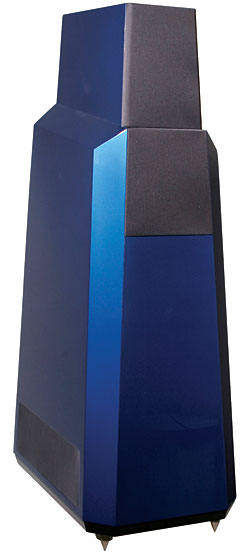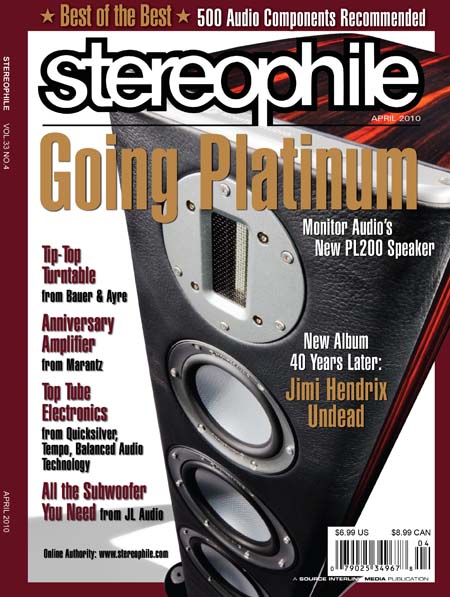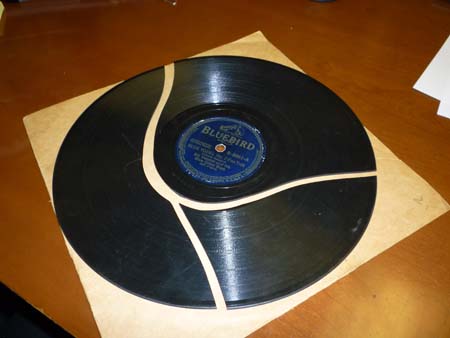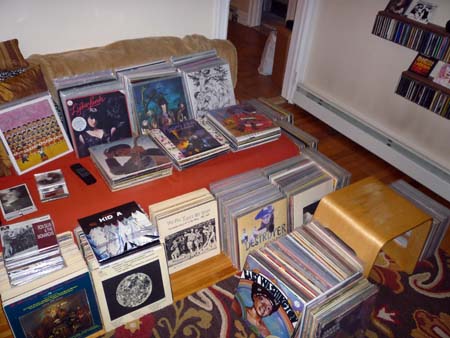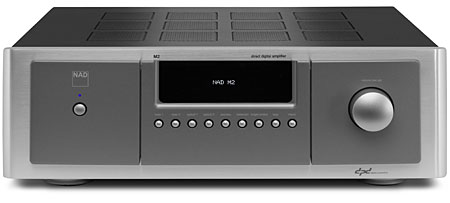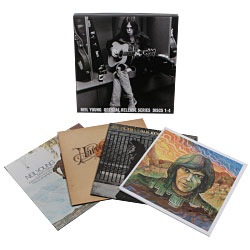Vandersteen Model Seven loudspeaker
It's difficult to believe that the former top model of Vandersteen Audio's line of loudspeakers, the Model 5, has been in production in one form or another since 1997. Time passes quickly when you're having fun. Like all Vandersteen speakers, the 5 was and remains a good value <I>and</I> performance proposition. For all the 5's high technology and excellent performance both measured and audible, its price now starts at under $20,000/pair (up from about $10,000/pair when the 5 was introduced in 1997), including a built-in, proprietary powered subwoofer in each cabinet, and a sophisticated equalization system for room compensation.

